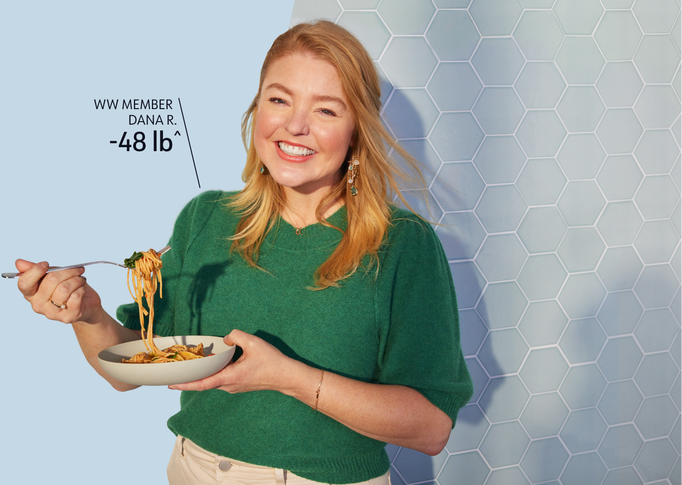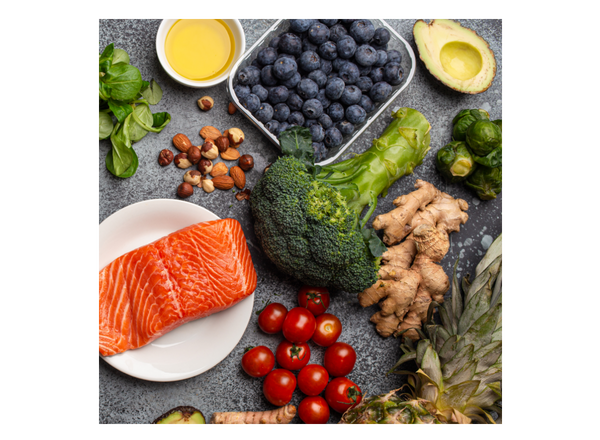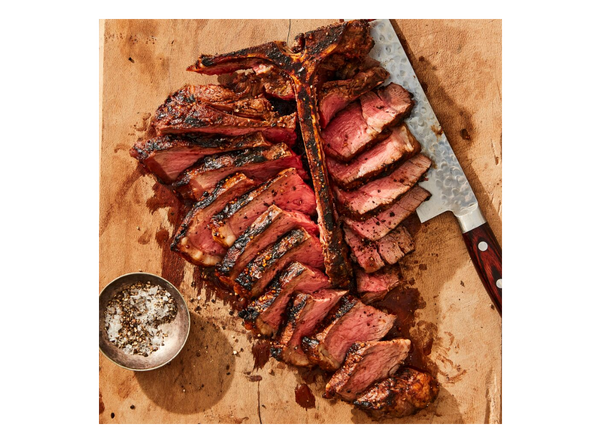How WeightWatchers works with 5 popular eating styles
How WeightWatchers® works with intermittent fasting—and 4 other popular eating styles
Your coworker does keto. Your sister has sworn off meat. Your neighbor says intermittent fasting changed his life—and his pant size. But what works for others may not work for you, especially if you want to lose weight.


WeightWatchers works with your preferences and with almost every popular eating style. It doesn’t have to be an either/or situation: WeightWatchers is a solid companion to intermittent fasting and vegan diets, and it also encourages an anti-inflammatory diet.
Here, we dig into five popular eating styles and show how WeightWatchers works with nearly every one. (As always, talk to your healthcare provider to figure out the right plan for you.)


Intermittent fasting
What is intermittent fasting?
Intermittent fasting (IF) is a trending eating approach that restricts your eating hours. While it can lead to weight loss, research suggests this is largely due to a reduction in caloric intake, not the mechanics of what times you eat—or don’t.
Does WeightWatchers work with intermittent fasting?
Yes! WeightWatchers gives you a Points® Budget to spend on the foods you love; when you eat them is up to you. There are a number of ways to approach intermittent fasting times; the 5:2 option limits calories for two out of seven days, while the 16:8 is where you eat during an eight-hour window and fast for 16.
Some pillars of IF are helpful when trying to lose weight: Reduced mindless snacking and caloric intake awareness are important components of a healthy lifestyle. In fact, the best way to do intermittent fasting might be to combine it with a weight-loss program like WW, which supports these behavior change techniques.


Anti-inflammatory diet
What is an anti-inflammatory diet?
Unlike popular fad diets, the anti-inflammatory diet plan doesn’t have “rules.” Instead, it’s an approach that emphasizes eating foods rich in antioxidants and healthy fats which may contribute to reducing inflammation—think avocados, walnuts, blueberries, and leafy greens—and minimizing those that may contribute to inflammation, like refined carbs and processed meats. Too much inflammation in the body can lead to both short-term and chronic illnesses including bronchitis, rheumatoid arthritis, diabetes, heart disease, and even cancer.
Does WW work with an anti-inflammatory diet?
Yes! Our program naturally steers you toward items on the anti-inflammatory diet food list, many of which are also ZeroPoint foods like kale, cherries, butternut squash, chia seeds, and salmon. Both plans place an importance on nutrient-dense, vitamin-rich foods, making the anti-inflammatory diet and WW a dream team for nutrition and weight loss.


Vegetarianism and veganism
What is the vegetarian and vegan diet?
Vegetarian diets exclude meat, poultry, and fish, while vegan diets exclude all that plus animal-based products and by-products, such as eggs, dairy, honey, and gelatin. There’s a growing trend toward a vegan diet for health, environmental, and animal welfare reasons. Of course, following these diets doesn’t mean guaranteed weight loss or better nutrition.
Does WW work with vegetarianism or veganism?
While there is no specific vegetarian nutrition plan or vegan weight loss plan on WeightWatchers, you have full freedom in choosing which foods to eat—and which foods you’d rather not. In fact, because so many ZeroPoint foods are plant-based (legumes and most fruits and vegetables), many people find themselves naturally filling their plate with non-meat options. WW members have access to thousands of meatless recipes that make a vegan or vegetarian lifestyle and weight loss totally possible—and delicious.


Keto
What is keto?
If you’ve heard of the keto diet, you know it’s synonymous with “no carbs.” Here’s why: When you restrict them, your body goes into a state of physiologic ketosis—a metabolic condition in which your body burns fat instead of carbohydrates. Cutting carbs also leaves you with far fewer foods to eat, so you’ll likely be eating less overall. Keto could pose potential health risks for people living with certain medical conditions, and a high-fat diet may lead to an increased risk of heart disease. The upside of the keto diet menu? Plenty of satiating protein.
Does WW work with keto?
You could try to combine keto with a weight-loss program like WeightWatchers, but it might be a challenge. For the keto diet to work, you’ll need to reduce carbs—by a lot! Sure, you’ll nix nutritionally empty desserts, candy, and soda, but you’ll also bid adieu to healthful whole grains, potatoes, beans, and many fruits, which are ZeroPoint foods and staples in a nutritious eating plan.


Calorie counting
What is calorie counting?
Calorie counting is exactly what it sounds like. And if you’ve ever tried a calorie counter or tracker, you know that it’s an imperfect system. You can eat low-calorie meals and stick to your recommended daily calorie amount, and you might not lose weight. Even if you do lose weight, you might not be building sustainable healthy habits.
Does WW work with calorie counting?
Our Points system uses nutritional science to make sure you’re getting the right kind of fuel. “You can lose weight by eating 1,200 calories of cake or carrots a day, but how you feel, how much you can eat, and the quality of what you eat will be different. That's why our Points system includes calories plus five more factors that guide you to healthier eating and long-term weight loss,” explains WeightWatchers Chief Scientific Officer Gary Foster, Ph.D.
WeightWatchers has been around for nearly 60 years—and we’ve seen our fair share of fad diets. If your doctor gives you the thumbs up to try one of today’s popular eating styles, know that we are here to support you on every step of your weight-loss journey.


